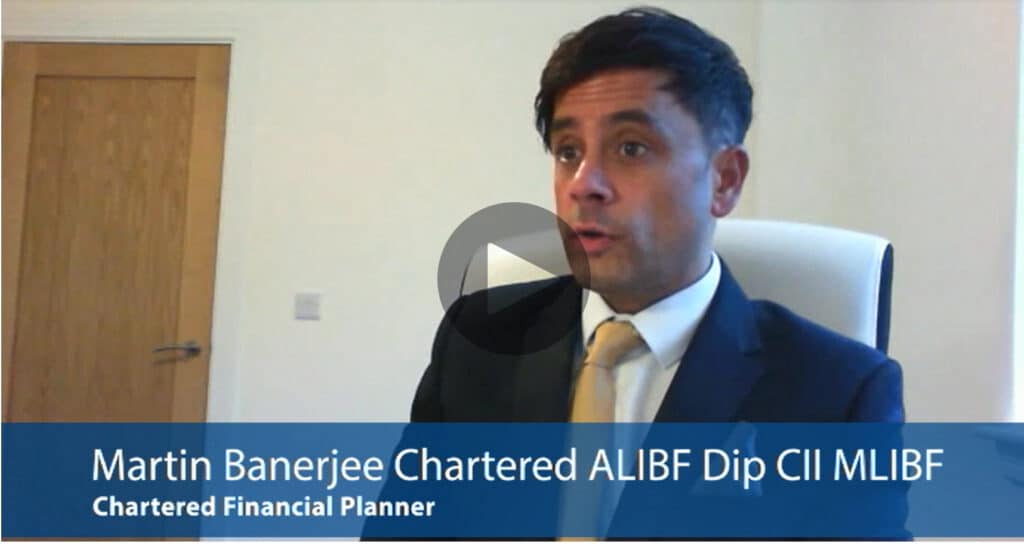Did you know you can get Income Tax relief on your pension contributions? It’s a highly tax efficient way to prepare for your future, as the government effectively contributes to your pension pot.
However research suggests that pension tax relief is not very well understood, potentially impacting the desire to save more into pensions. Recently, HMRC has published some past research, which includes a survey in 2015 by Ipsos, the opinion polling company, into the understanding of pension tax relief.
Ipsos interviewed over 700 adults and found:
• While nine in ten adults correctly believed that employers contribute to workplace pensions alongside employees, only four in ten thought the government contributed through tax relief. One in three opted for “don’t know”, while one in four thought the government provided no top-up. Overall awareness was no different from the average for those in or out of work or for those not currently in pension schemes. However, six in ten of those with non-workplace pensions (e.g. personal pensions) were aware of the benefit of tax relief.
• Among pensions owners aware of tax relief, many underestimated its value. Basic rate taxpayers estimated the government had topped up their contributions by around 6% (around 25% in reality), whilst higher or additional rate taxpayers estimated the government had topped up by around 15% (around 67% or higher in reality).
• About half of those aware of pension tax relief said it was “fairly important” or “very important” in their decision to contribute.
• The most important factor in the decision to contribute to a pension for about one third of pension owners was that their employer would contribute. Half as many gave tax relief as the major reason, and the same proportion referred to the availability of a 25% tax-free lump sum at retirement.
• As if to underline the misunderstanding of pension tax relief, two thirds of respondents said they would be encouraged to save or save more into pension each month if pension contributions were tax free and pensions taxed in retirement – which is what approximately happens now, if you ignore the extra benefit of tax-free cash.
How Origen can help
If you are saving for retirement, pension contributions can be a very tax efficient way of building up your retirement savings. We can help you to check that your pension savings are in funds that suit your attitude to risk and objectives, as well as reviewing your wider investments and financial plans for the future.
For high earners, the tax rules can be complicated, so it is really worth seeking advice based on your individual circumstances. For example, the annual allowance drops to as little as £4,000 for those with an adjusted income of £312,000 or over. This will affect you if you have total taxable income of more than:
• £200,000 a year, excluding the value of any pension contributions paid by you or on your behalf, or;
• £240,000, including the value of any pension contributions paid by you or on your behalf.
In addition, you may have already built up pension savings that are near or over the lifetime allowance (frozen at £1,073,100 until 2026). If you go over this allowance, you’ll generally pay a tax charge on the excess. However we can recommend alternative ways to build your retirement income tax efficiently.
Our video, ‘Keeping within your pension allowances’ provides further information about the annual and lifetime allowance and how we can help you address any concerns.

If you are considering making increased pension contributions, consolidating your pensions, or wish to discuss your pension savings and wider financial plans, please don’t hesitate to contact your Origen adviser, or our Client Services Team.
The value of pensions and investments and the income they produce can fall as well as rise. You may get back less than you invested. Past performance is not a reliable indicator of future performance. Tax treatment varies according to individual circumstances and is subject to change.












